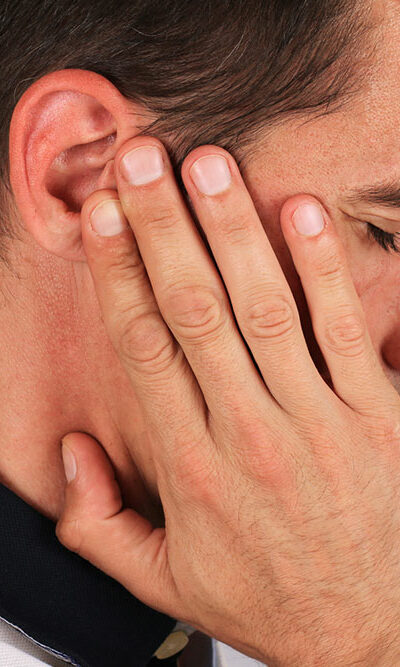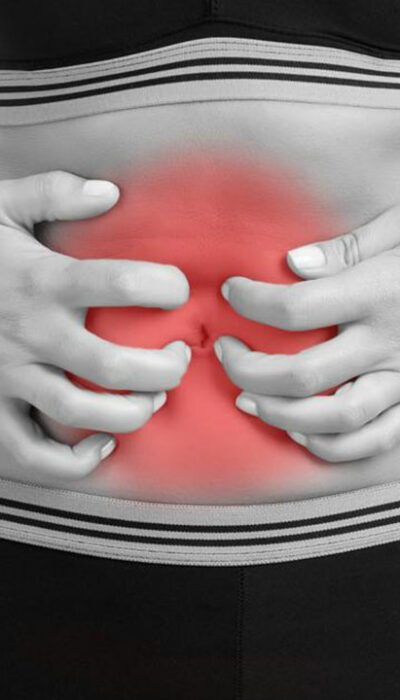
Ways to Treat Tinnitus Naturally
Tinnitus is not a disease but a symptom or sign of something wrong with the auditory system which includes your ear, the auditory nerves connecting the inner ear to the brain and the parts of the brain that are responsible for processing sounds. There are a variety of conditions that can cause tinnitus out of which the most common is the noise-induced hearing loss. Tinnitus is usually described as a ringing in one or both the ears, but it can also sound as clicking, hissing, roaring or buzzing even when no external sound is present. The sound can be very soft, loud or even high or low pitched. People experiencing severe tinnitus face various problems with hearing, working or sleeping. But before you go to the tinnitus natural cure discussion, let’s talk about the various sounds people hear and the possible underlying causes behind it. Clicking: People hear this type of sound in bursts when the muscle contracts in and around the ear which may last from several seconds to a few minutes. Rushing or humming: This type of sound is usually vascular in origin which you may notice during exercising or changing positions during a workout. Heartbeat: In this case, the sound of your heartbeat gets amplified in your ears if you have blood vessel problems such as high blood pressure, tumor or even the blockage of the ear canals or the eustachian tube. Low-pitched ringing: Meniere’s disease is responsible for producing low-pitched ringing in one or both the ears. Sometimes, these low-pitched sounds become intense during a vertigo attack. High-pitched ringing: Getting exposed to very loud noises or a blow to the ear can cause a high-pitch ringing in the ears that may stay from few hours to a few days. However, hearing loss due to long-term noise exposure or age-related health issues can make tinnitus permanent.










